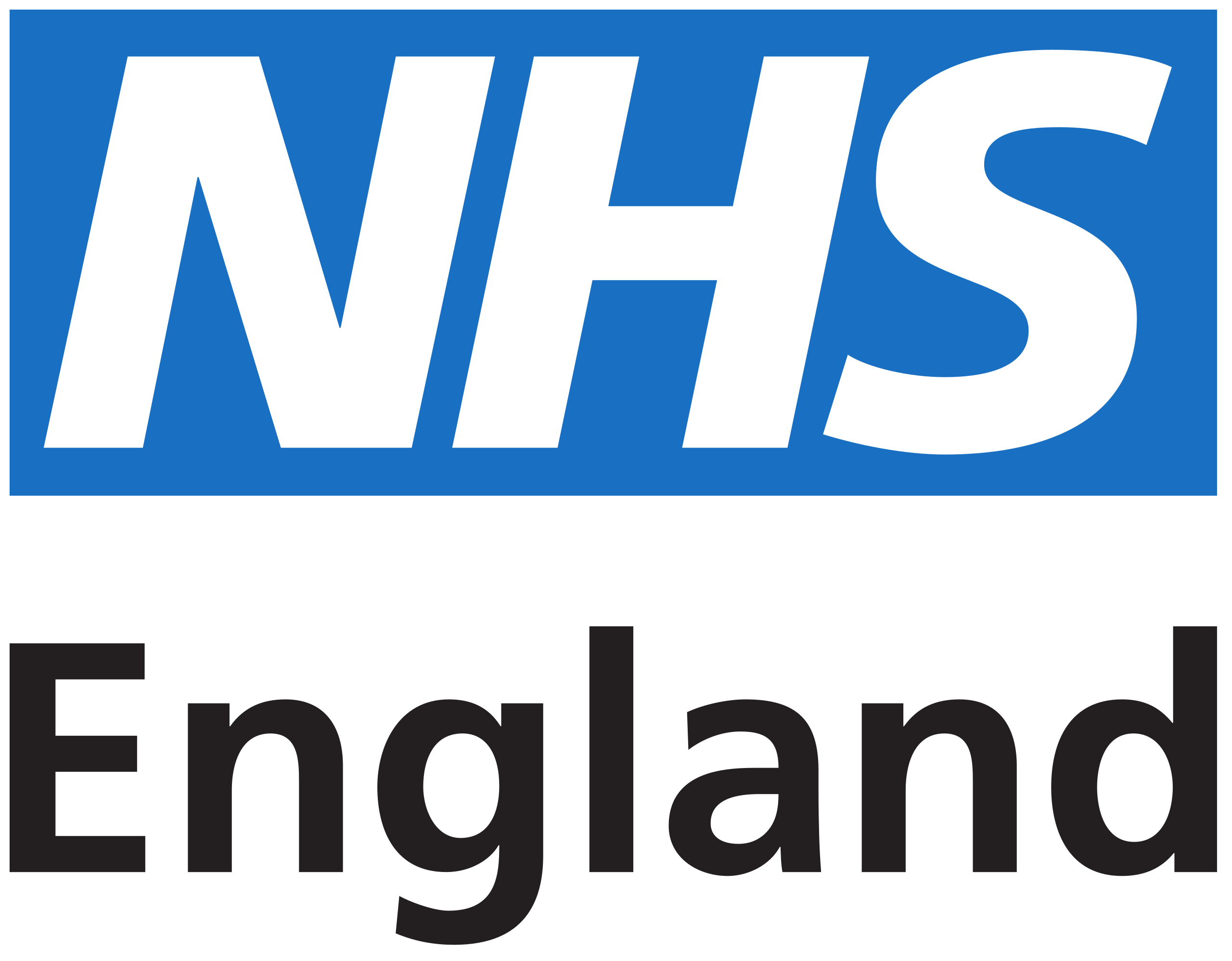Assure
Assurance is central to building a BaRS solution, inherent in both documentation and tooling.
The assurance process exists to ensure solutions are compliant with the Standard and robust enough to interoperate with each other in a Live environment. The rationale for stringent assurance is to ensure solutions who have never engaged before will work with each other. BaRS is a truly interoperable Standard that will work across many areas of the Health & Care space and certain solutions may interact infrequently.
SCAL - Supplier Conformance Assessment List
The process of assurance is driven through the SCAL.
This is a light-weight, self-assessment document, supported by evidence of the solution's function in the form of log extracts and screenshots etc. The aim is to maintain a low barrier of entry to use the BaRS, allowing both established and start-up healthcare software vendors to participate.
An end-to-end real-time demonstration of the solution will be required as part of assurance. This will be witnessed by the BaRS Team, Clinical and Solution Assurance representatives.
The SCAL is completed online. There is further guidance on how to complete the SCAL below.
Request for an Account Manager to be set up by sending an email to the BaRS Team bookingandreferralstandard@nhs.net, including details of your Organisation, Product and which BaRS Application you are undertaking, and you will be prompted to create an account with Digital Onboarding Services via a link.
Planning your assurance
When planning a project to build a BaRS solution, the inclusion of assurance must exist from the outset.
The process of being assured via the SCAL can take between 2-4 weeks (average), from the point of the first complete submission. This allows some time in any plan for resubmissions after review by the Solution Assurance team.
It is advised the SCAL requirements are reviewed after reading the implementation guidance. The two combined will help build a backlog of requirements for the anticipated solution. For example, there is implementation guidance for error handling while the SCAL highlights the expectation for logging and auditing of errors.
Evidence, supporting the completion of the SCAL, can be gathered during testing with other supplier solutions or Toolkit Workbench (TKW). An ideal time to collect is during the end-to-end demonstration of the solution, a necessary part of assurance. The validation reports from TKW must also be submitted as part of the SCAL.
Guidance on completing SCAL
There is general guidance regarding the use of the Digital Onboarding Service but the following provides step by step explanation.
The SCAL is broken down into four key sections, as described in the general guidance above, but section 3 (Technical conformance requirements) verifies the specific BaRS functionality. The section follows the alignment of BaRS products; there is a 'Core' (Demonstrate core technical conformance for the BaRS - FHIR API), which every supplier building a BaRS solution must complete, and sections for specific roles. Those specific roles include 'Booking Sender' (Demonstrate technical conformance for the BaRS (Booking Sender) - FHIR API) and '111 to ED referral sender' (Demonstrate technical conformance for the BaRS (Referral Sender 111 ED) - FHIR API), for example.
Completing a section
Open a section, by clicking the hyperlink, and work through the assessment items.
Certain questions have links to external sources which provide support in answering them.
Answering questions, by checking the radio button, will prompt for evidence and indicate the type required, for example, .zip files, log extracts or images.
Progress can be saved at any point, allowing completion of the SCAL in manageable stages. The submission for review by the Solution Assurance team only occurs when a section is explicitly submitted for review, as described under the 'Statuses'.
Statuses
The status of each section will update as it is completed. This allows easy management of SCAL progress by multiple parties.
Once all assessment items are complete within a section the status changes to 'Ready to submit' and 'Submit for review' displays. Submitting for review is a two step process, click 'Submit for review' and then click 'Confirm and Submit' when prompted.
The status of the section will change to 'Awaiting review', meaning this is now with the Solution Assurance team.
Once reviewed, a notification will be sent by email and the status will update:
Work through all sections of the SCAL until each is complete.
Providing 'Information required'
If additional information is required, click on the section and find which assessment item(s) have been queried, providing either further evidence or explanation. Once complete, save the section and re-submit for review.
Other questions in the section may be approved.
Sign Off
All sections of the SCAL must have the status of 'Approved' to complete assurance. Solution Assurance will provide a Technical Conformance Certificate (TCC), via email, to the named individual in the SCAL, at which point the solution is deemed fit to progress to a Live environment. Those involved in the deployment of the solution can use the TCC to request access to onboard the Production environment as part of their official Connection Agreement.
Information Governance
Overview
An NHS England Direction to enable NHS Digital to develop an interoperability standard for patient record systems and a related API (Booking and Referral Standard Service) has been published for the BaRS programme. A record has also be added to the NHS Digital GDPR Register and a Data Protection Impact Assessment (DPIA) is in place. The data that traverses the NHS Digital infrastructure in the form of messages (payload) is a combination of personal data and special category. NHS Digital will only collect BARS API transactional data for the Booking and Referral Standard. Alongside the Standard, an information model has been developed and approved by the Professional Records Standards Body (PRSB) that defines the booking and service request and confirms the data items that will travel with the request. Note* NHS England and NHS Digital merged on 1 April 2023.

